By Pius Mordi

In his book, Things Fall Apart, Chinua Achebe gave the world one of the profound African proverbs that endure for all ages and illustrates the dynamics that define the political trajectory of various generations. The proverb is attributed to Eneke the bird. As a prey, it is always facing existential threats as human predators hunt it for different purposes. To outwit hunters who have honed their skill in shooting almost without taking aim, it vowed to fly without perching.
In the past few weeks, Nigeria’s media space has been awash with esoteric disputations on the right ethical approach for journalists in interviewing public office holders. It revolved around the seeming altercation between Rufai Oseni, the fiery co-anchor of a breakfast current affairs programme on Arise News, and the Minister of Works and former governor of Ebonyi State, David Umahi. Oseni got a lot of flak from a section of the media for coming hard on Umahi who stridently refused to answer the question on the cost per kilometre of the Lagos-Calabar coastal highway. Although the figure given by the federal government is N15 trillion and is available on the public domain, Oseni just wanted the Minister to tell the average cost of a kilometre as determined by him. At a total cost of $11 billion, Oseni was well within his right and common sense to question the stupendous amount the highway is projected to cost at a time many federal roads are in dire need for reconstruction. Umahi knew what was coming from Oseni given that the world has become a global village, enabling us to know what other countries spend to execute similar projects.
While mass communication students were taught the ethics that guide the interrogation of public office holders, their job is being made almost impossible by the inclination of politicians who feel the public should just accept whatever they are told, even when the basic components of news are missing. Political appointees have somehow developed the mentality that their loyalty goes strictly to their principal that appointed them. Invariably, when N15 trillion is appropriated for a highway project that was not subjected to competitive bidding and for which there is no known environmental impact assessment report, journalists should just accept whatever Umahi says.
This is what those who escoriated Oseni want journalists to accept with the arguments referencing the ethics of journalism and the imperative to be ‘decent’ and non-combactive in approach. While the argument holds journalists to high ethical standards, there is no corresponding attempt to also hold public office holders to another level of ethics – being accountable to the people. We are faced with an emerging situation where loyalty to their principal now supercedes being accountable to Nigeria. It is a corollary to the penchant by elected persons and political appointees to equate their office with patriotism. It is a mentality that makes them consider criticisms and contrary views of people outside their political firmament as lacking patriotism.
Nyesom Wike, President Bola Tinubu’s Minister of the Federal Capital Territory and former governor of Rivers State, read the script after brazenly and audaciously acquiring a Rolls Royce exotic car he uses to official functions. He arrogantly dismissed questions that sought explanations on how he could afford such a vehicle. In a dismissive manner, Wike told Seun Okinbaloye of Channels Television that his father was a “general manager of many companies”. He knew Nigerians know his life and political trajectory. Of course, there was no logic or substance in his response, but that did not matter. All that mattered is if he is in the good books of his principal and if his principal is satisfied with his demonstration of loyalty, nothing else matters.
That is what Rufai Oseni could not accept and, indeed, no journalist should countenance that as been postulated by some media practitioners. Oseni’s aggressive interrogation of his guests against the backdrop of entrenched disposition where they no longer feel obliged to respond to questions, knowing they were posed to inform the people, has necessitated a change of tack by journalists.
Just like Eneke the bird that learned to fly without perching, the idea of pampering public office holders when they refuse to be responsive should be jettisoned. When those who hold public office in trust for the people decide they no longer owe Nigerians the responsibility of being accountable, they lose the privilege of being treated with deference as purists insist. Already, there is growing perception in the developed world that the Nigerian media have become partners with the ruling elites in the audacious corruption in government at all levels with no one being called out. Investigative journalism, a hallmark of the perception that held the media as the fourth estate of the realm and brought the klieg light on the activities of public office holders, is almost non-existent.
In the fight against authoritarianism that came into full manifestation with the annulment of the June 12, 1993 election, the Nigerian media evolved in the face of life threatening absolutism of the Sani Abacha regime. When The Guardian, The Punch and the Concord groups were proscribed, some guerilla titles were born. The Razor and similar publications carried on the battle. Ultimately, the fourth republic was successfully birthed. Some members of the present administration’s media team were in the forefront of the fight then. How time and circumstances have changed! Like Eneke the bird, Oseni and others like him do not owe Umahi and his ilk any courtesy they are not willing to earn.


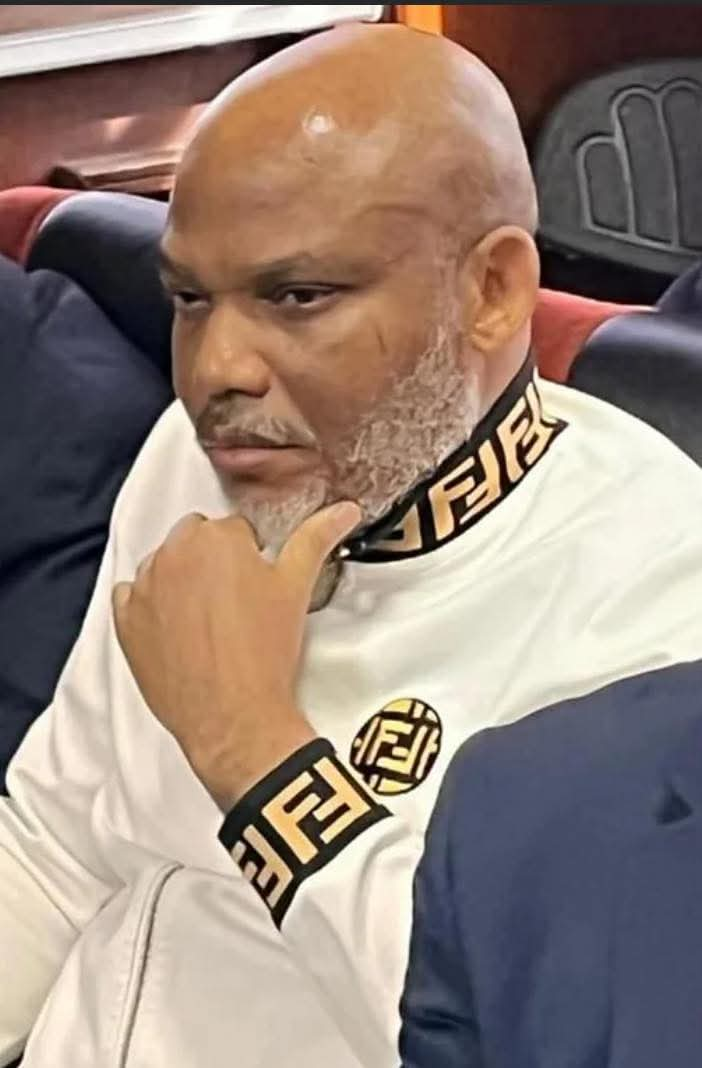
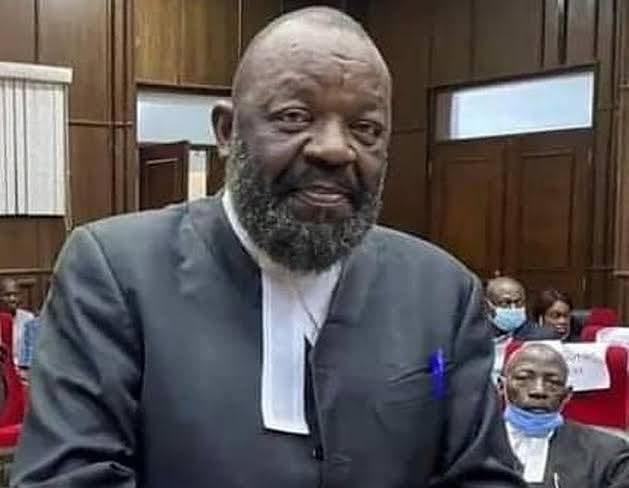




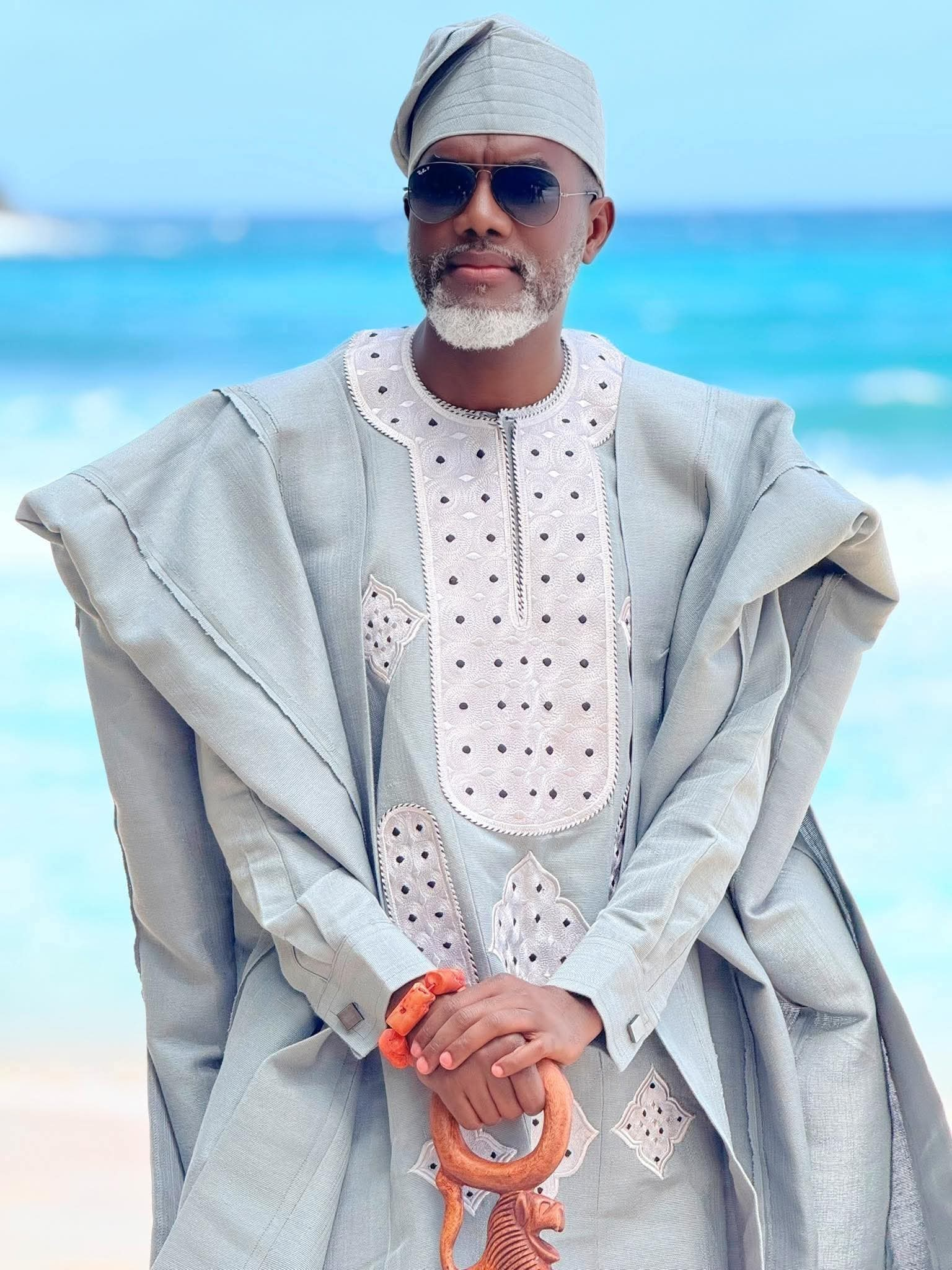


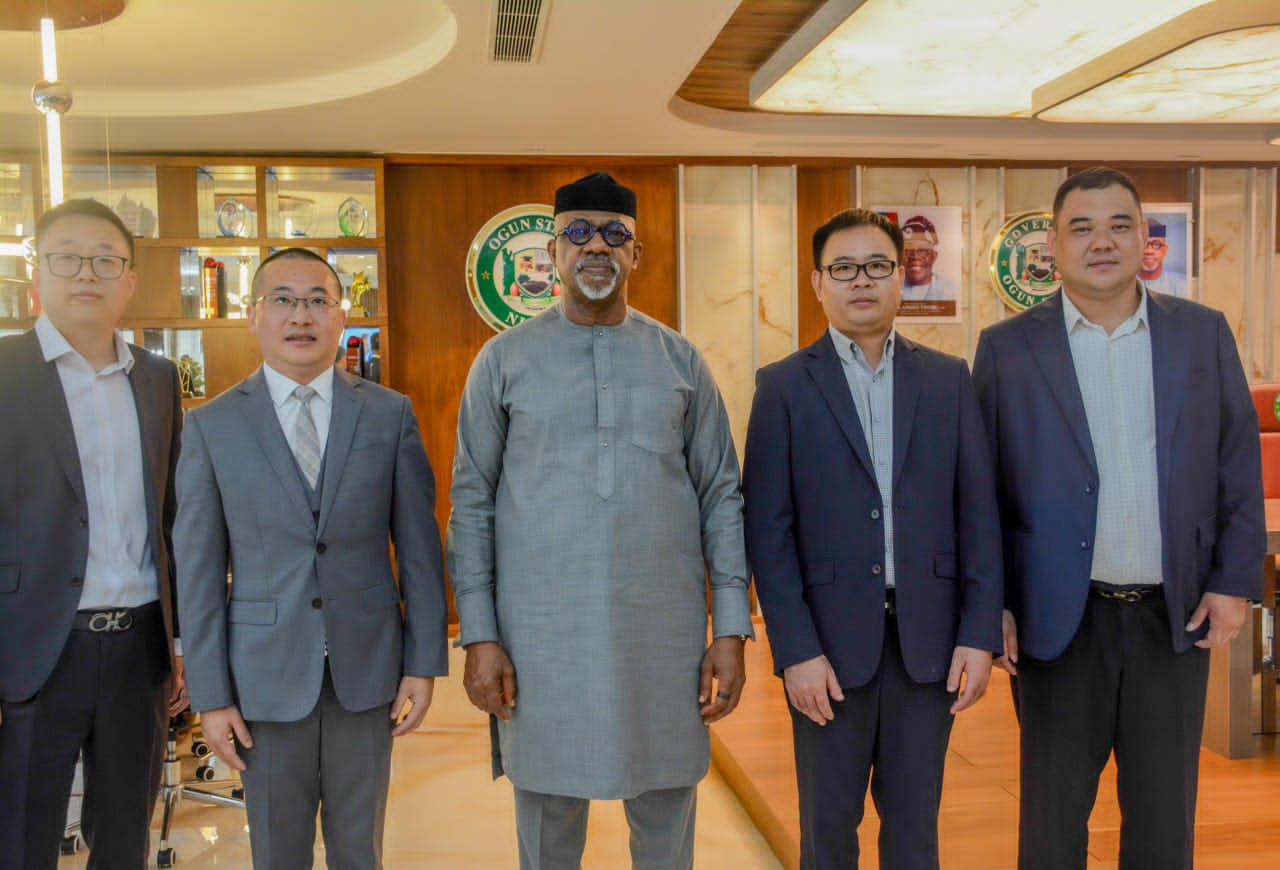
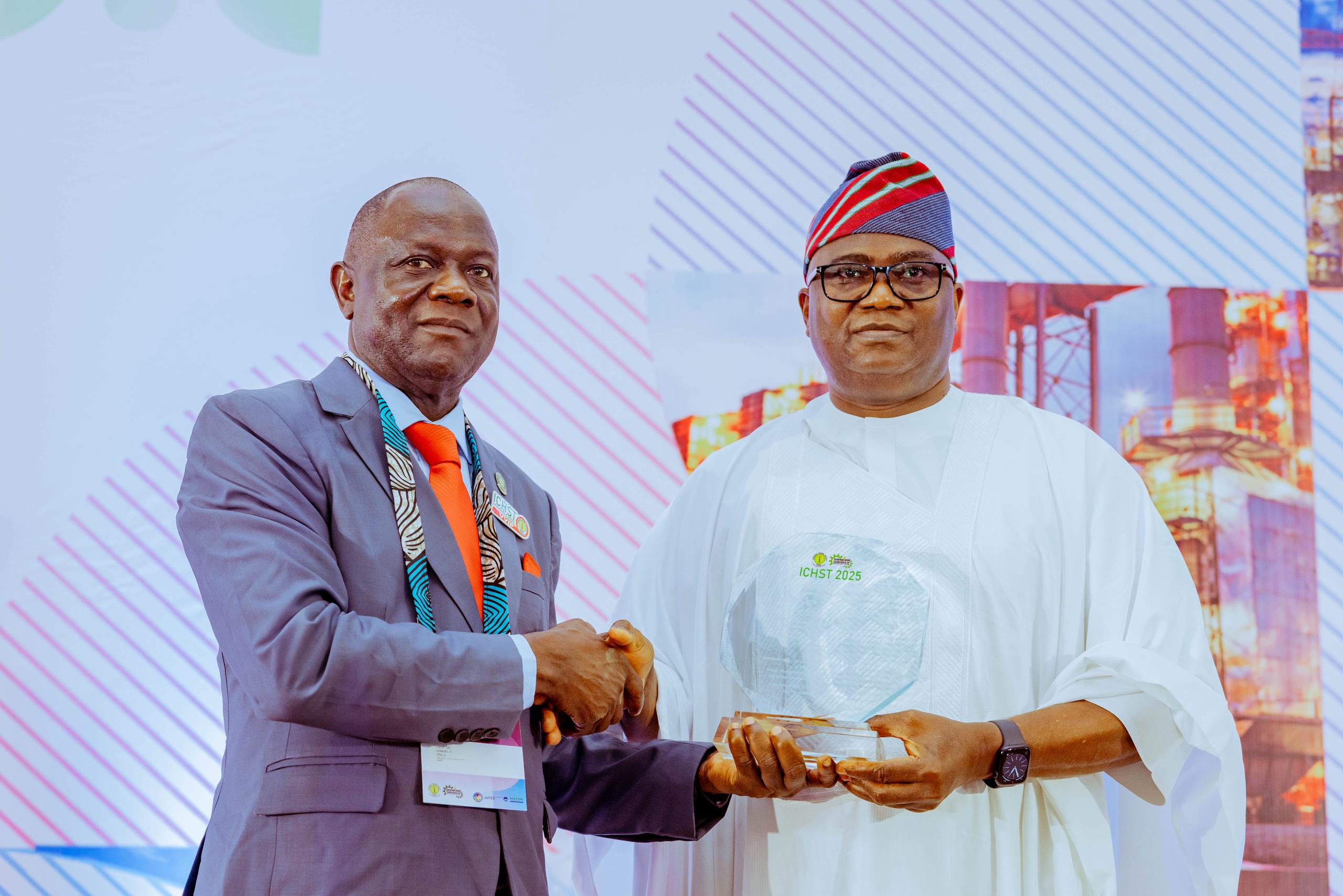
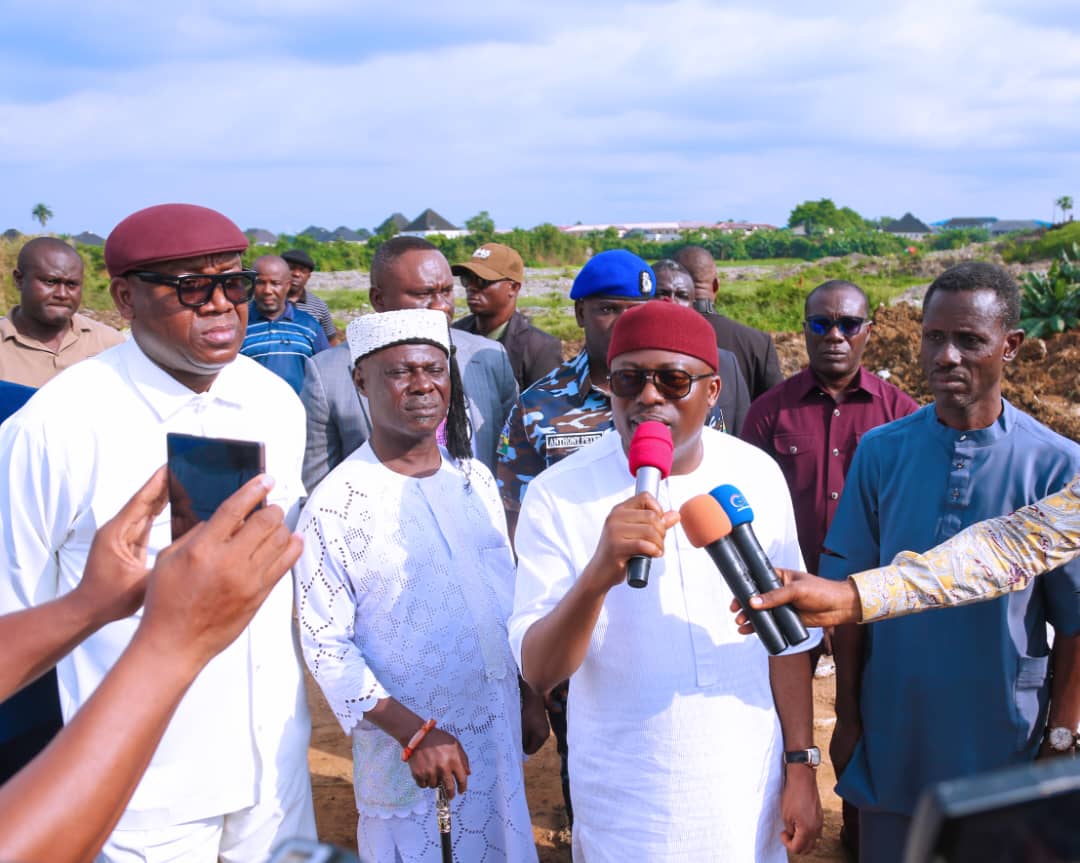
Leave a Reply